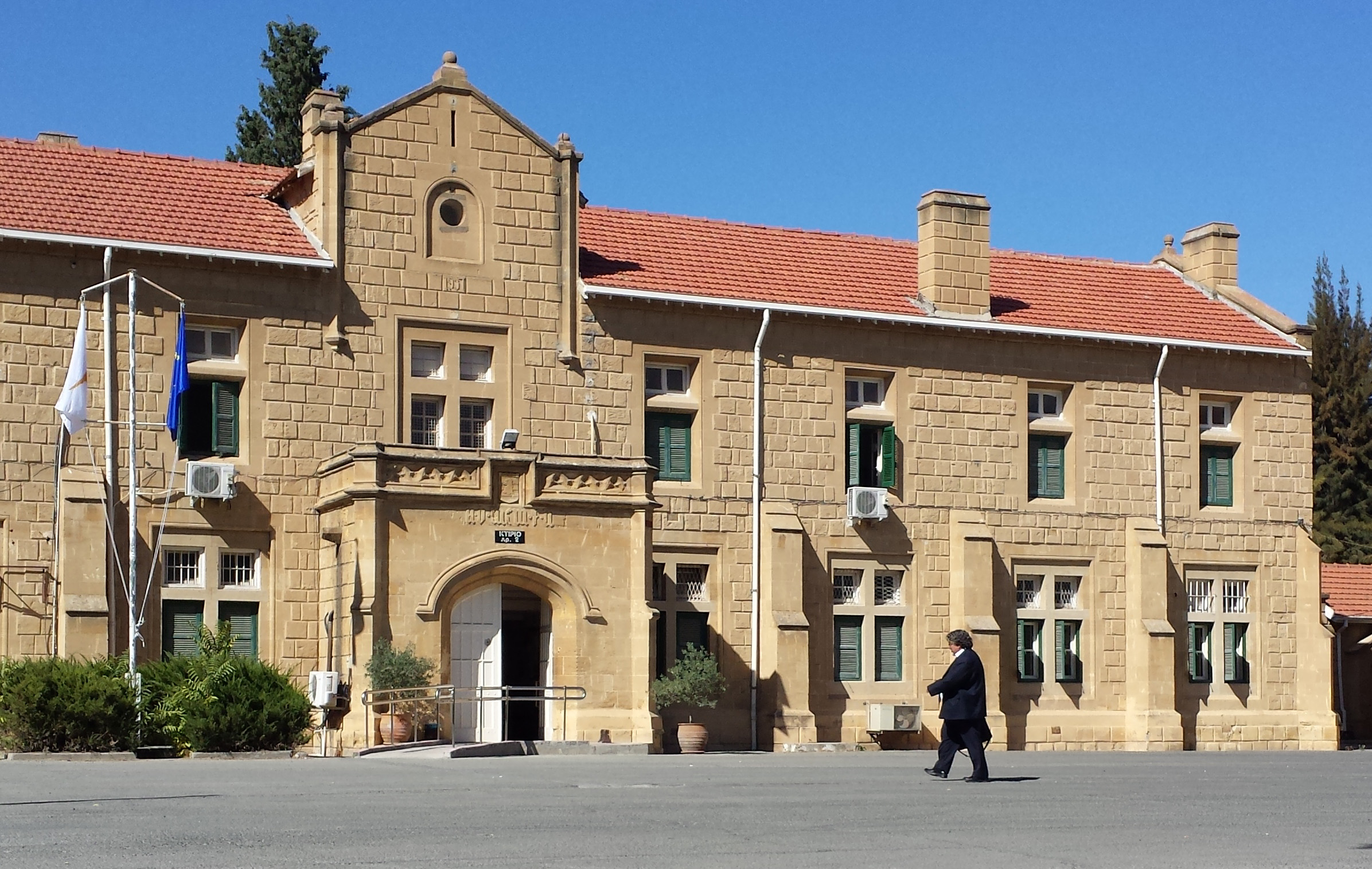The release of the European Commission’s 2025 rule of law report could not have been timed better. It was published a few days after the ECtHR’s ruling about a decision not to prosecute a politician accused of rape, that sparked a political row about the powers of the attorney-general’s office and led to calls for the resignation of the deputy attorney-general Savvas Angelides,
Angelides had suspended the prosecution of a man accused of rape, without explaining or justifying the decision, because his state office had the constitutional power to do so, a power that has been consistently used for countless cases. The need for transparency and accountability has been raised many times in recent years and the rule of law report acknowledged that attorney-general George Savvides had requested the opinion of the supreme court with regard to the review of decisions not to prosecute or to discontinue proceedings.
The Commission’s report also mentioned that reform, “with a goal of providing a clearer distinction between the advisory and the prosecutorial functions of the attorney-general” was being carried out. When the reform is completed the attorney-general would remain the head of the legal service and legal advisor of the state, while the prosecutorial function would be given to the new institution of the director of public prosecutions (DPP).
The “extensive work” by the anti-corruption authority was also praised by the report which noted that its resources were being increased and that there were discussions in the legislature about strengthening its functional independence. It did also point out the weaknesses of the legal system such as the “low level of digitalisation” and bemoaned the fact “there is not a fully functional integrated electronic case management system.” The over-long judicial proceedings remained and were described as a “serious concern.” This is the biggest weakness of the system with cases still dragging on for years and despite some measures being taken the big backlog of cases has not been significantly reduced.
As regards the reform of the attorney-general’s office, the rule of law report highlighted another important issue – the term length. It said the legislation on the legal service included a maximum term length for the four roles – attorney-general and deputy as well as DPP and deputy. It was high time the ludicrous law that allowed the attorney-general and the deputy to stay in their respective posts until they reached retirement age is ended. It is irrational that someone can be president for a maximum of ten years, but an attorney-general can stay in the post for 30 years or more. There should be one maximum term of ten years for all state posts including that of auditor-general. No person should be entitled to stay in the same state position until retirement age.
Progress is being made in rule of law, but we hope by the time the next report is issued by the Commission the reform of the legal service would be completed and the backlog of cases in the court of first instance would be drastically reduced.






Click here to change your cookie preferences